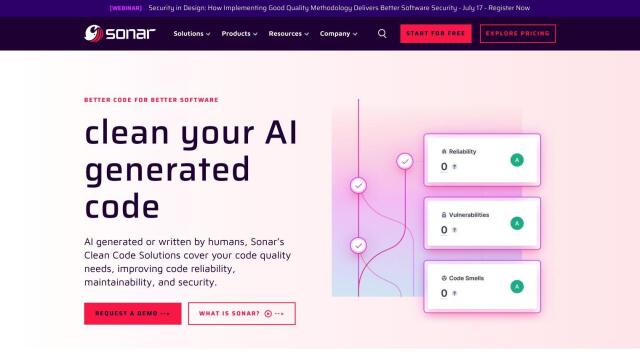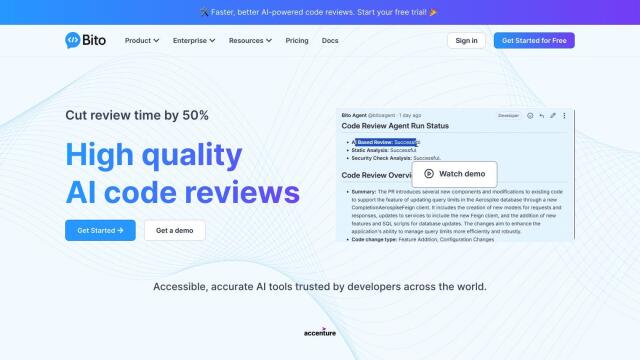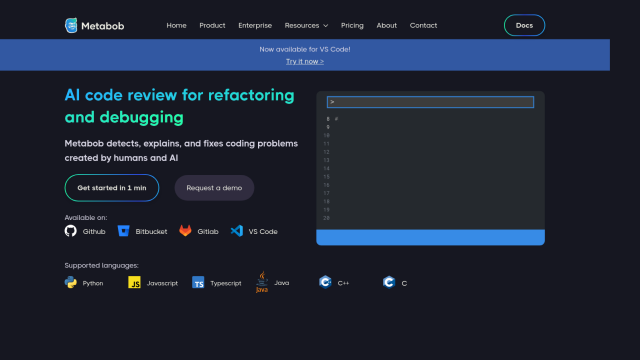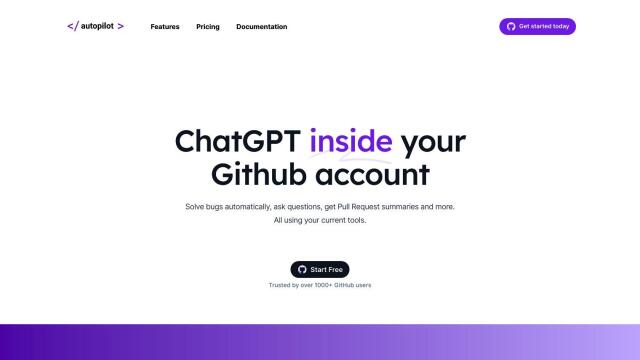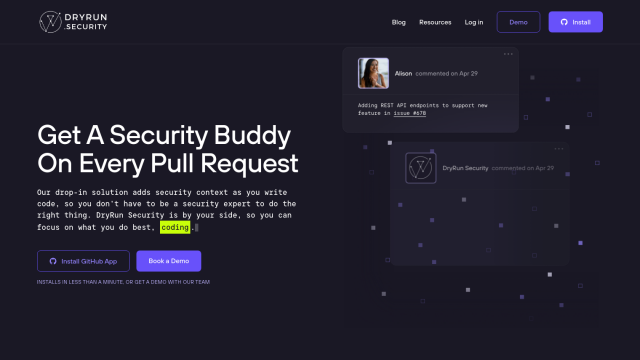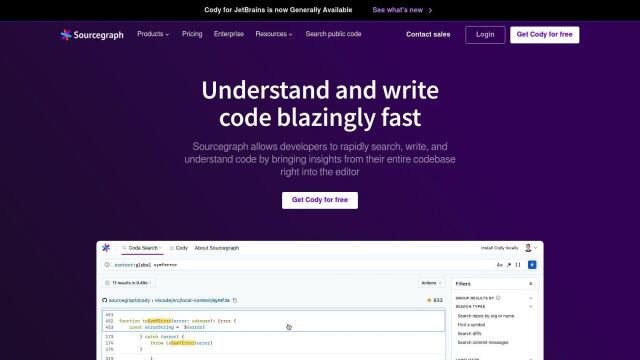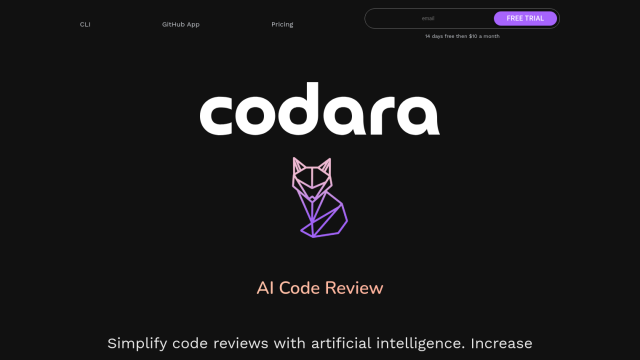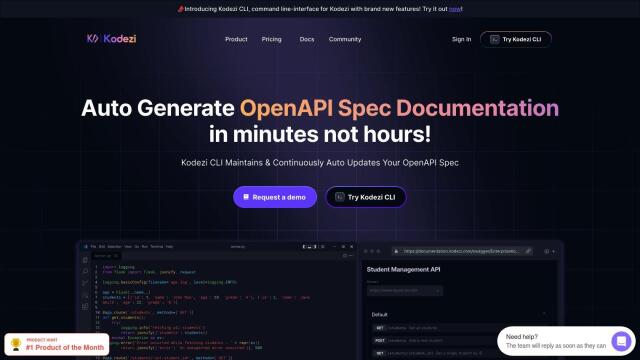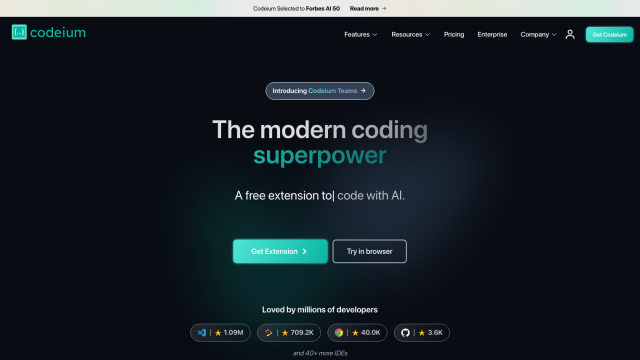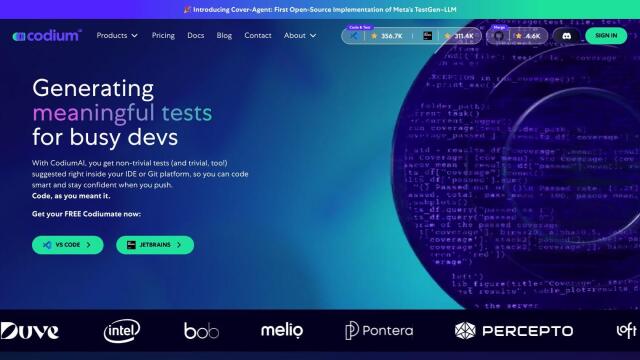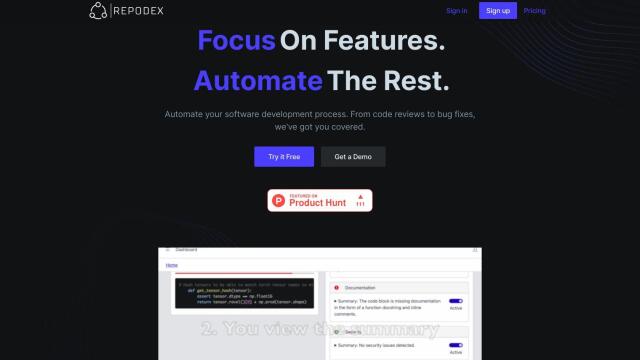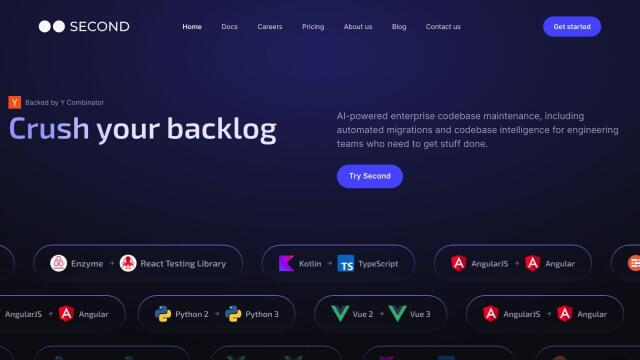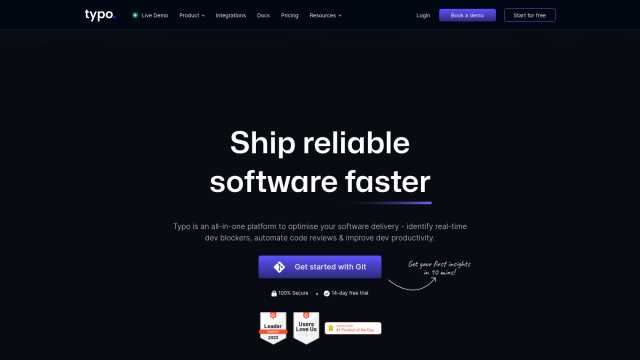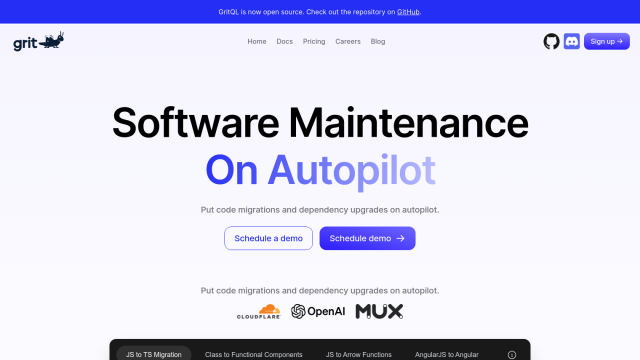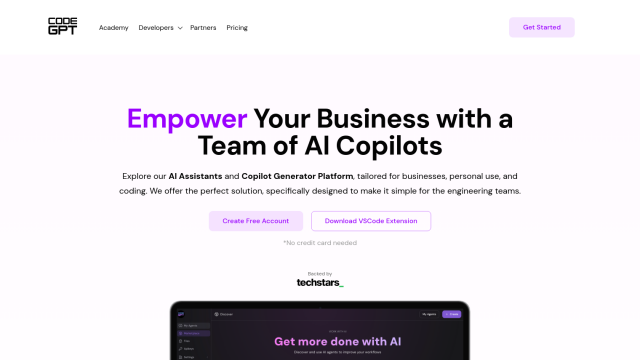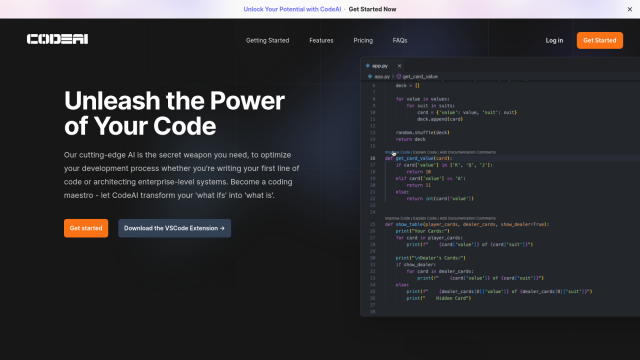Question: I'm looking for a solution that integrates with GitHub to improve code quality and developer productivity.

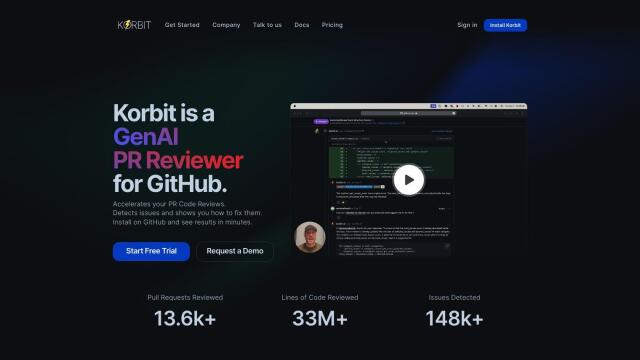
Korbit
If you're looking for a tool to improve code quality and developer productivity by integrating with GitHub, Korbit is a standout option. Korbit is an AI-powered code review tool that automates the code review process for GitHub pull requests, providing instant and accurate feedback. It offers a management dashboard with code quality insights, project status, and developer performance tracking, ensuring seamless integration into your workflows. With proven success in reviewing over 13,600 pull requests and detecting 148,000+ issues, Korbit is ideal for development teams aiming to streamline their code review process.

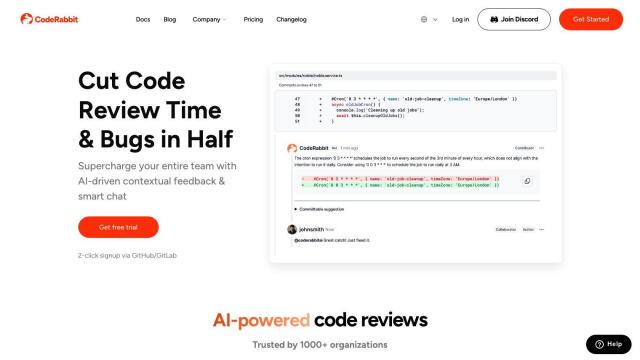
CodeRabbit
Another excellent choice is CodeRabbit, an AI-powered platform that offers context-aware feedback on pull requests in minutes. This platform integrates with both GitHub and GitLab, continuously reviewing code in small increments for each commit. Key features include line-by-line code suggestions, real-time chat, and customizable reviews, all designed to reduce code review time and bugs, allowing developers to focus on higher-level tasks. CodeRabbit also prioritizes security and compliance with SOC2 Type II certification and SSL encryption.

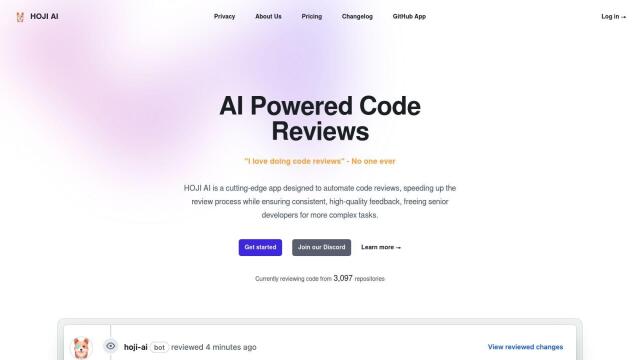
HOJI AI
For a tool that uses advanced AI technology, HOJI AI is worth considering. It integrates with GitHub to automate code reviews, providing consistent and high-quality feedback using GPT-4 technology. This tool is language agnostic and offers unlimited reviews of public and private repositories, making it suitable for maximizing software engineer productivity by allowing developers to focus on more important tasks. HOJI AI ensures data integrity by not storing or using code for training.

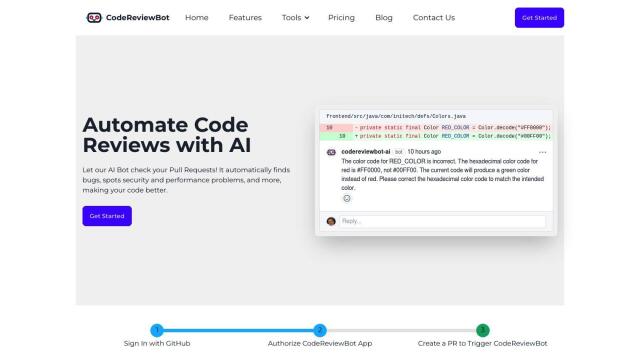
CodeReviewBot
Lastly, CodeReviewBot is an AI-powered code review service that plugs into GitHub pull requests. It uses sophisticated AI algorithms to automatically review code, flag potential issues, and provide detailed feedback and suggestions. This tool is designed to protect intellectual property rights while improving models based on user feedback, making it a good fit for teams looking to automate more mundane parts of code review and focus on new features and challenges.

